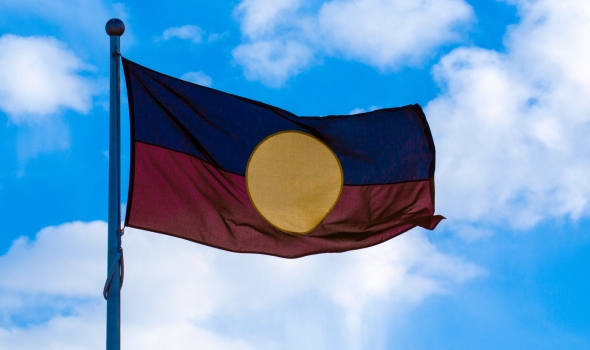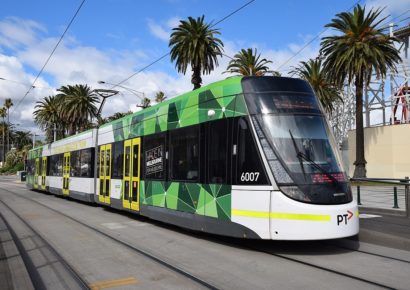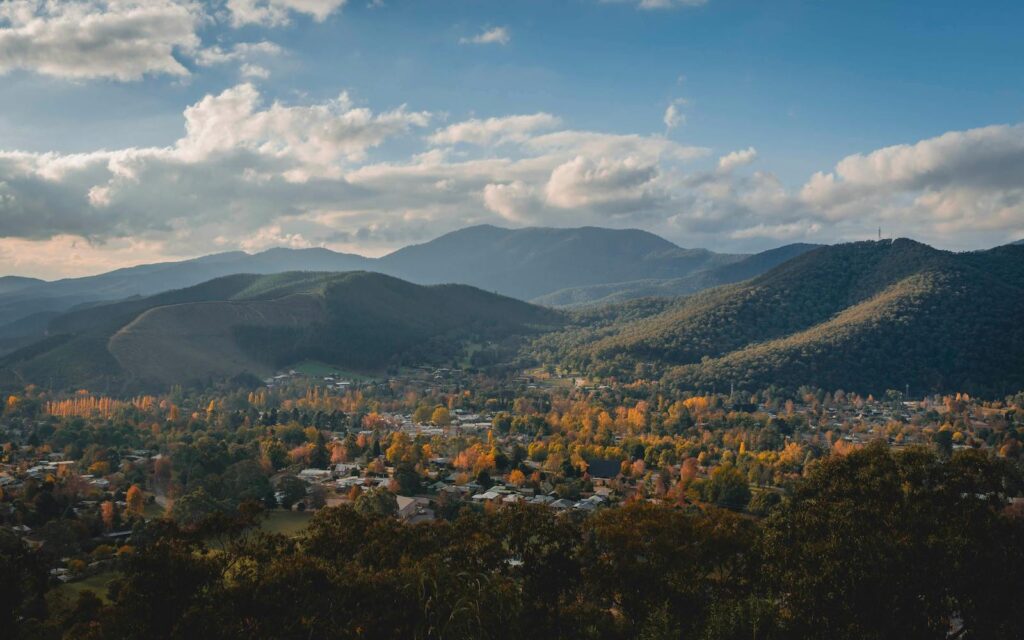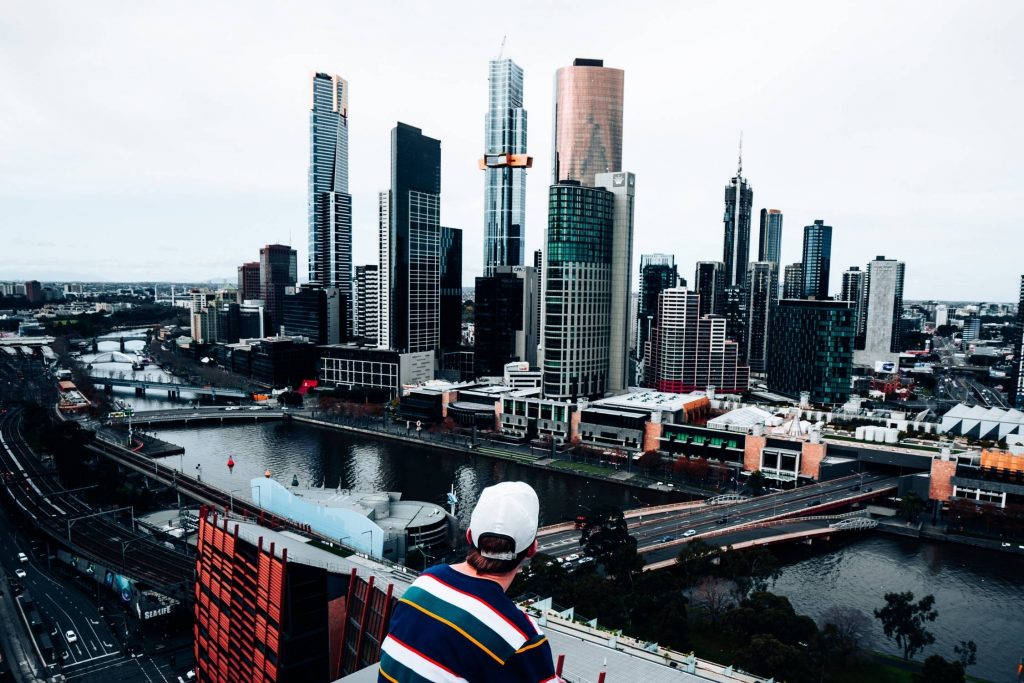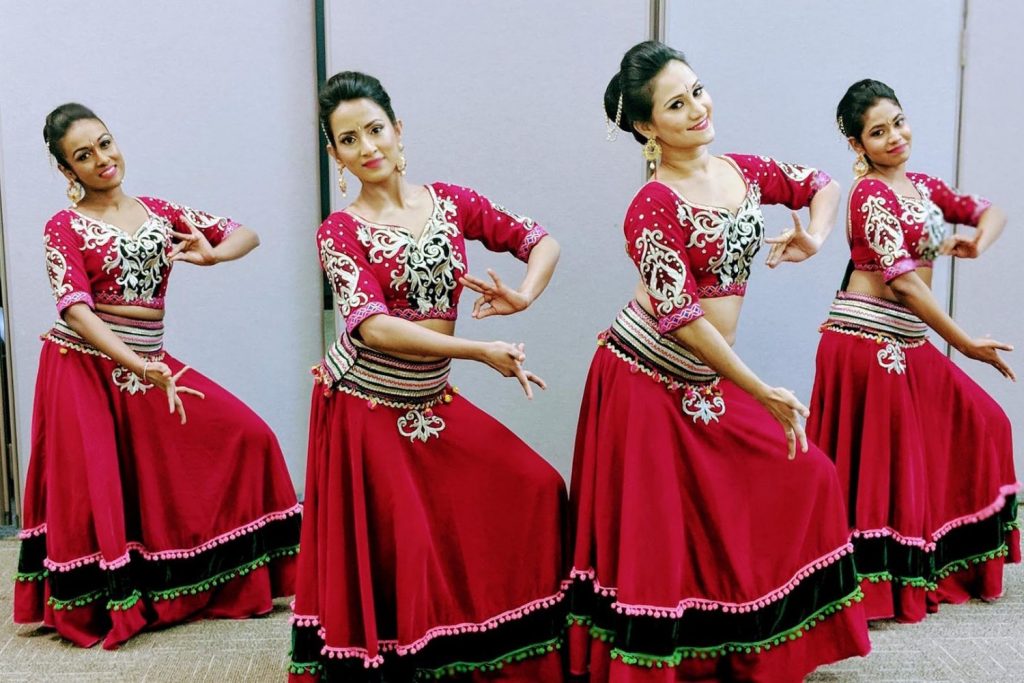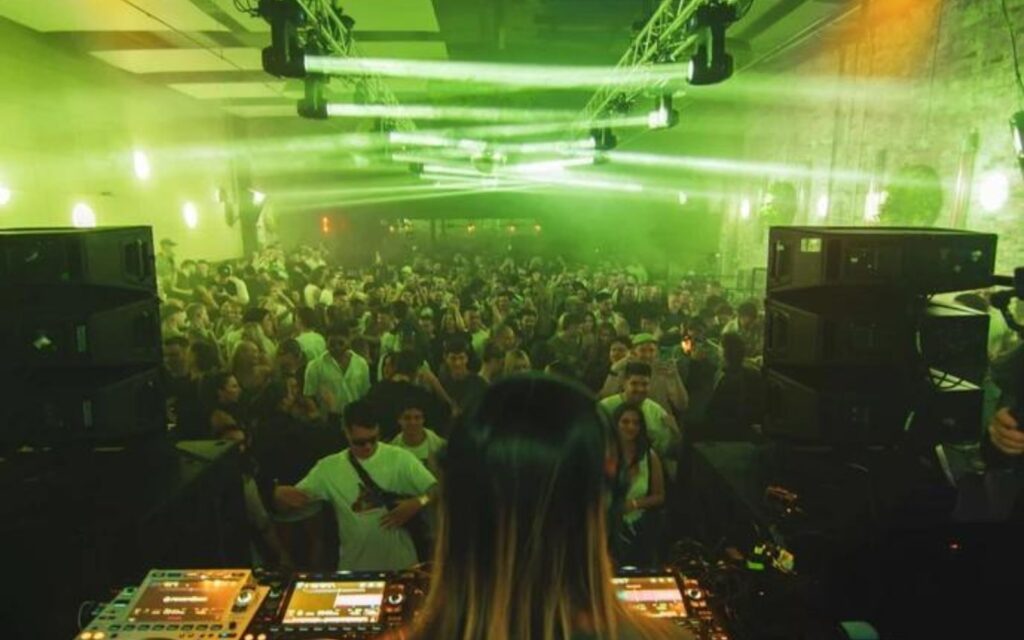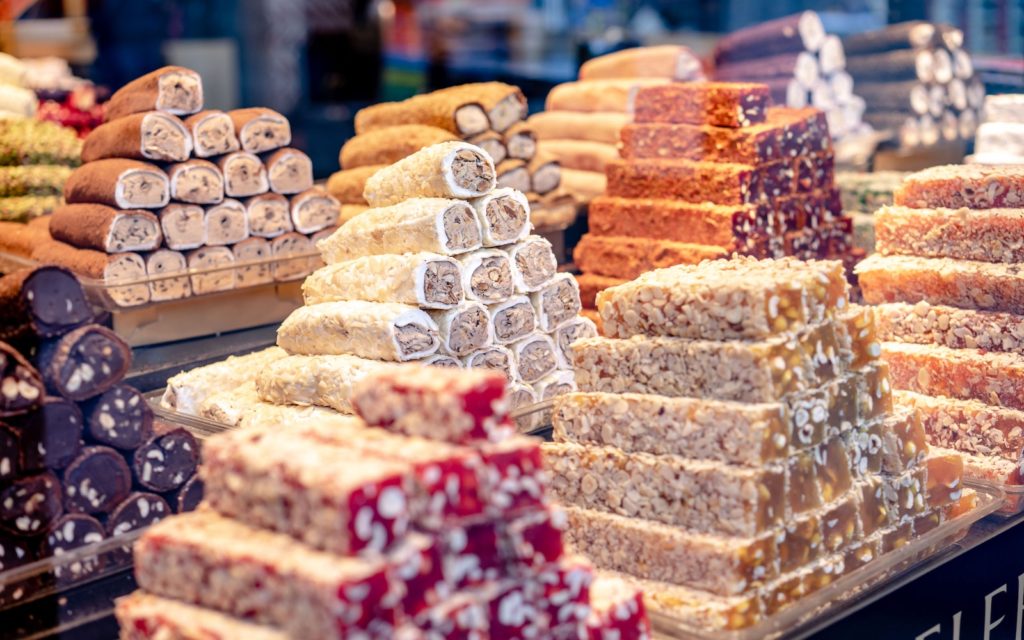Help create an Australia worth celebrating.
Not only does celebrating January 26 represent the systematic oppression of Indigenous history and a disgusting glorification of genocide, it also brings an annual nationwide political shitstorm.
With Malcolm Turnbull out of the hot seat and Scott Morrison in, it seems the Liberal Party has reached a new level of ignorance. Late last year, the Prime Minister tried to appease both those for and against changing the date, failing on both accounts when he floated the idea of introducing a new national holiday to recognise Indigenous history while keeping Australia Day as is.
“We don’t have to pull Australia Day down to actually recognise the achievements of Indigenous Australia, the oldest living culture in the world; the two can coexist,” Morrison told Channel Seven, proving just how out of touch he is.
It is unfathomable how anyone can continue to entertain the idea that January 26 should remain Australia Day when it already causes so much division between Australians. If we aren’t commemorating the history of the land and unity of the nation, what’s the point? It’s little more than an excuse to get day drunk and cook snags with all your equally ignorant mates. Prior to the suggestion of a date change, I doubt 80% of those vehemently protesting a different date even knew the history of January 26.
If the refusal to acknowledge what the date represents isn’t enough of a slap in the face for Indigenous Australians, #ScoMo threw in another jab with the announcement that Australia Day citizenship ceremonies will now be compulsory. The decision comes after a handful of councils, such as Melbourne’s Yarra and Darebin councils, refused to hold citizenship ceremonies on January 26 out of respect. Not only will councils now be forced to host their ceremonies on Australia Day, but noncompliance will see them stripped of their right to host citizenship ceremonies, period.
Despite the rigidity of the Australian Government in the Australia Day debate, we don’t have to take the decision lying down. There will be Invasion Day Rallies across the country this Saturday to show pollies that many Aussies aren’t sitting around toasting white supremacy on Jan 26.
In Melbourne, there will be plenty of opportunities to show your support for changing the date. Lidia Thorpe, the first Aboriginal woman in Parliament and former Northcote Greens representative, will host a Dawn Service at Kings Domain from 5.30am, followed by an Invasion Day Rally through the CBD beginning at 11am on the steps of Parliament House.
For those in Sydney, grassroots Indigenous activists FIRE (Fighting In Resistance Equally) have compiled a list of Invasion Day protests across Sydney and Newcastle, which sparks a little hope considering the number of events scheduled.
There will also be rallies held in Brisbane, Canberra, Perth, Darwin and Hobart, details of which can be found here.
Amid the Australia Day debate, the ABC obtained a number of letters written to the Federal Government urging them to change the date. The media outlet published one penned (or texta-ed) by a young girl stating “It’s a day for Aboriginal people to feel sad and I don’t think that’s right. It’s like celebrating because we killed lots and lots of Aboriginal people”.
It’s inconceivable that this conversation is still being drawn out. Surely it should be enough that the traditional landowners of this country do not see the fun in celebrating the anniversary of colonisation and genocide to conclude that perhaps another date would be more suitable. This wouldn’t be the first time the date of Australia Day has changed. In 1915, the first official national day to be named Australia Day was July 30. The next year, it was July 28. In fact, celebrating on January 26 began in 1946 but only took effect across all states and territories as a public holiday in 1994.
The racism which drove colonisation has been ingrained deeply in white Australians since that first January 26 in 1788 and has had dire consequences for Indigenous Australians. Three weeks into the year, five Aboriginal young people have taken their lives while a sixth has been hospitalised after attempting suicide. According to the Australian Bureau of Statistics, one in four people who take their life before the age of 18 are Indigenous. Aboriginal people are 14.8% more likely to be incarcerated than non-Aboriginal people and represent 28% of Australia’s prison populations, despite making up only 3% of the national population.
Indigenous Australians have been oppressed, violated and ignored for the past 230 years, and Kevin Rudd’s 2008 national apology isn’t even close to enough. Just because you are not personally responsible, does not mean your entire being wasn’t built on the backs of those who are. Your privilege, and mine, are the result of abhorrent violence, forceful invasion and cultural erasure. The absolute least we can do is pick one of the 364 other days in the year for Australia Day.
We’ve seen a shift in the past few years in which the power of a collective voice can initiate real change. Between #MeToo and marriage equality, we’re moving at a snail’s pace towards a better future for everyone. So use your voice this January 26 and beyond. Write letters to politicians, attend rallies and stand by Australians of all backgrounds.
